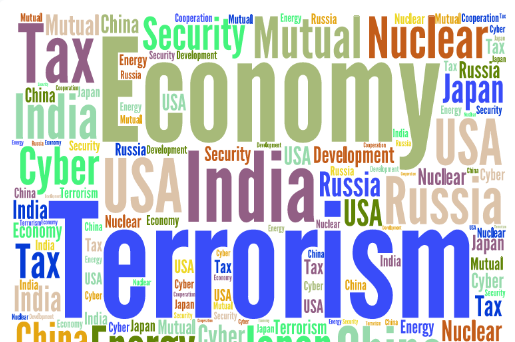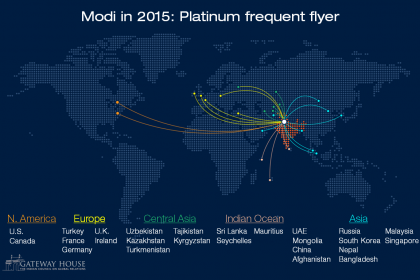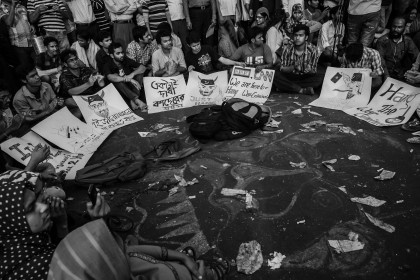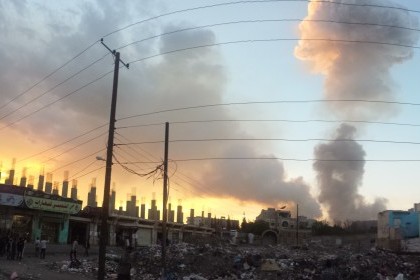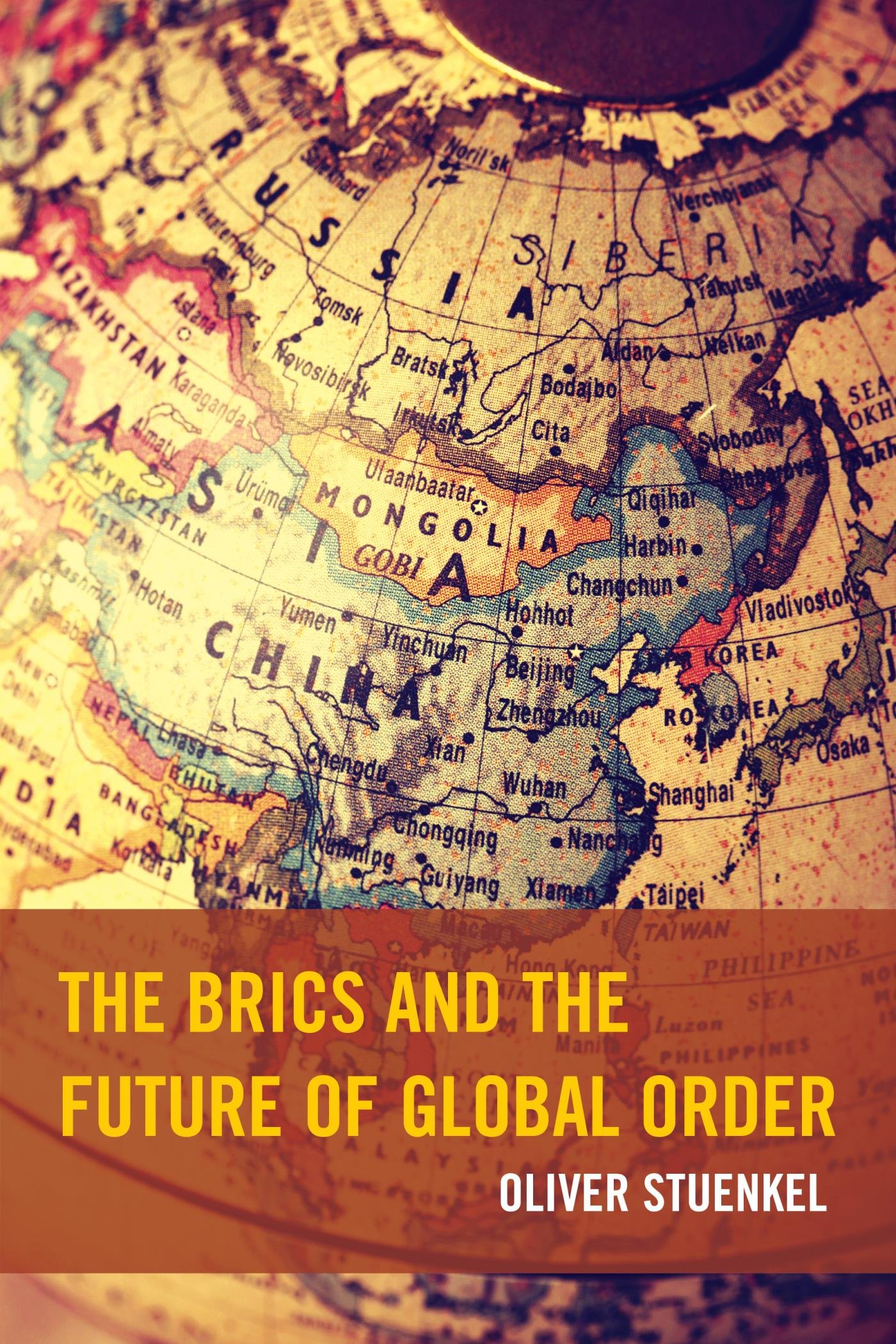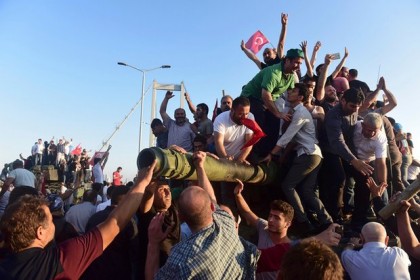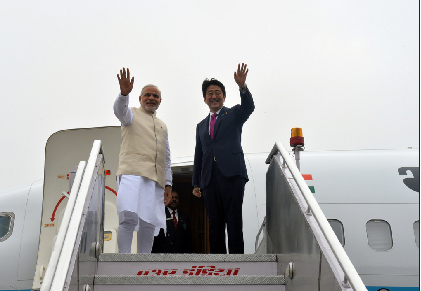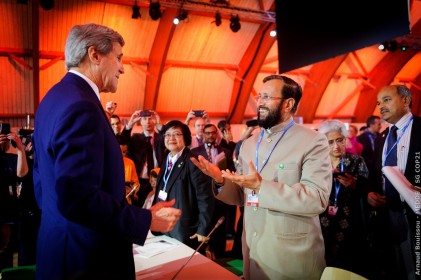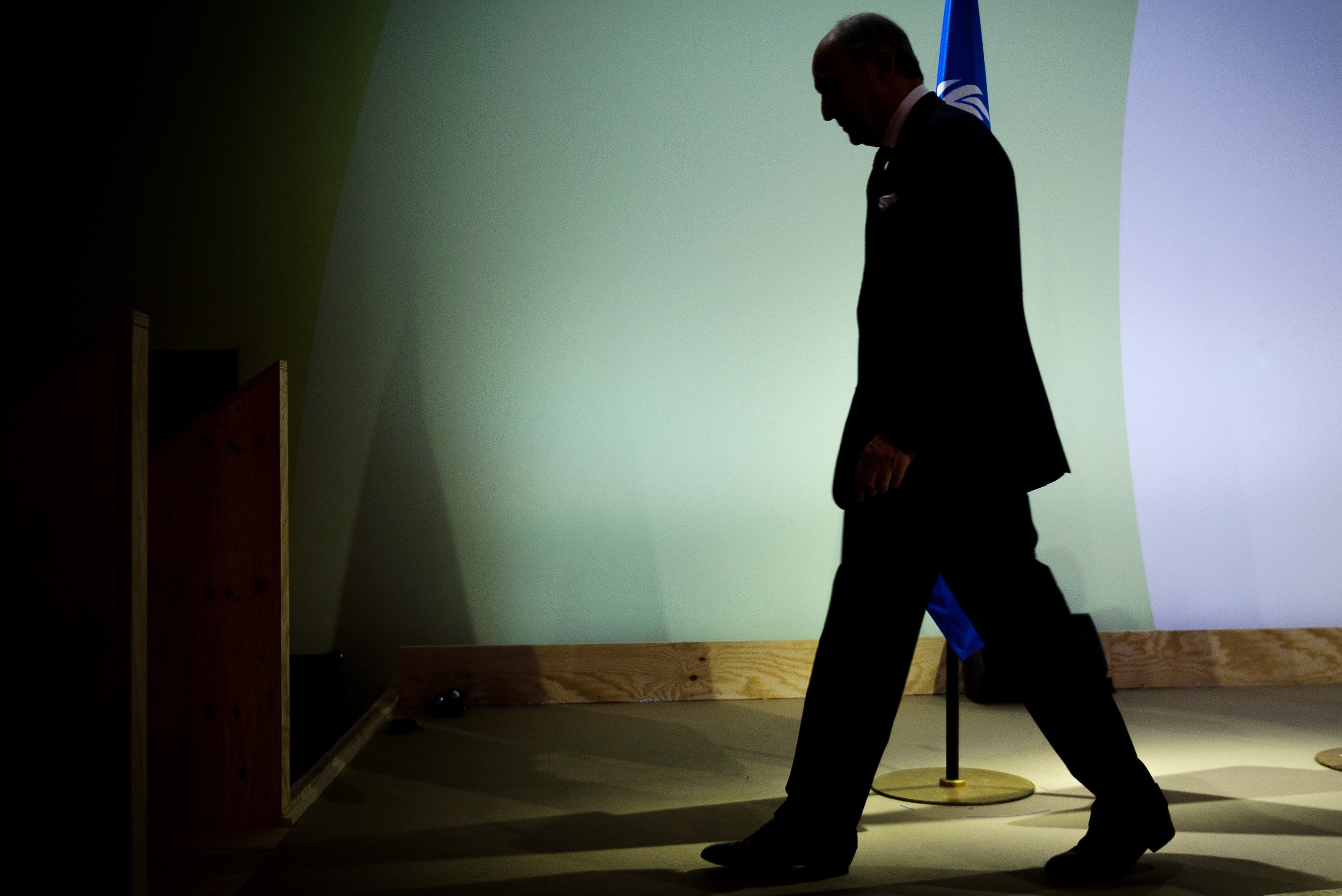Modi’s keywords for the year
Gateway House sifted through the speeches of Prime Minister Narenda Modi during his visits abroad in 2015 to assess the terms—such as cooperation and economy—he used most frequently. As the terminology pattern shows, India’s foreign policy is now focussed on forging new and improved global partnerships. And as the most-travelled head of state in the world, Modi’s words indicate India’s new global positioning

